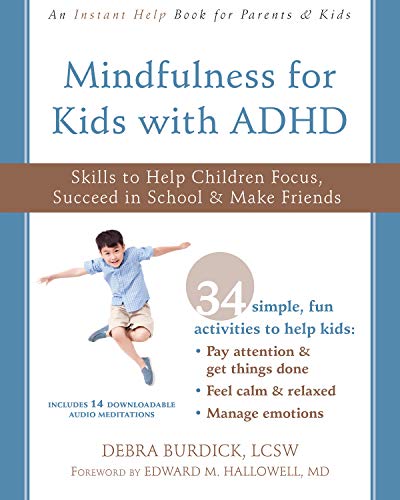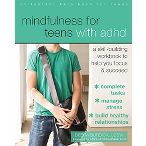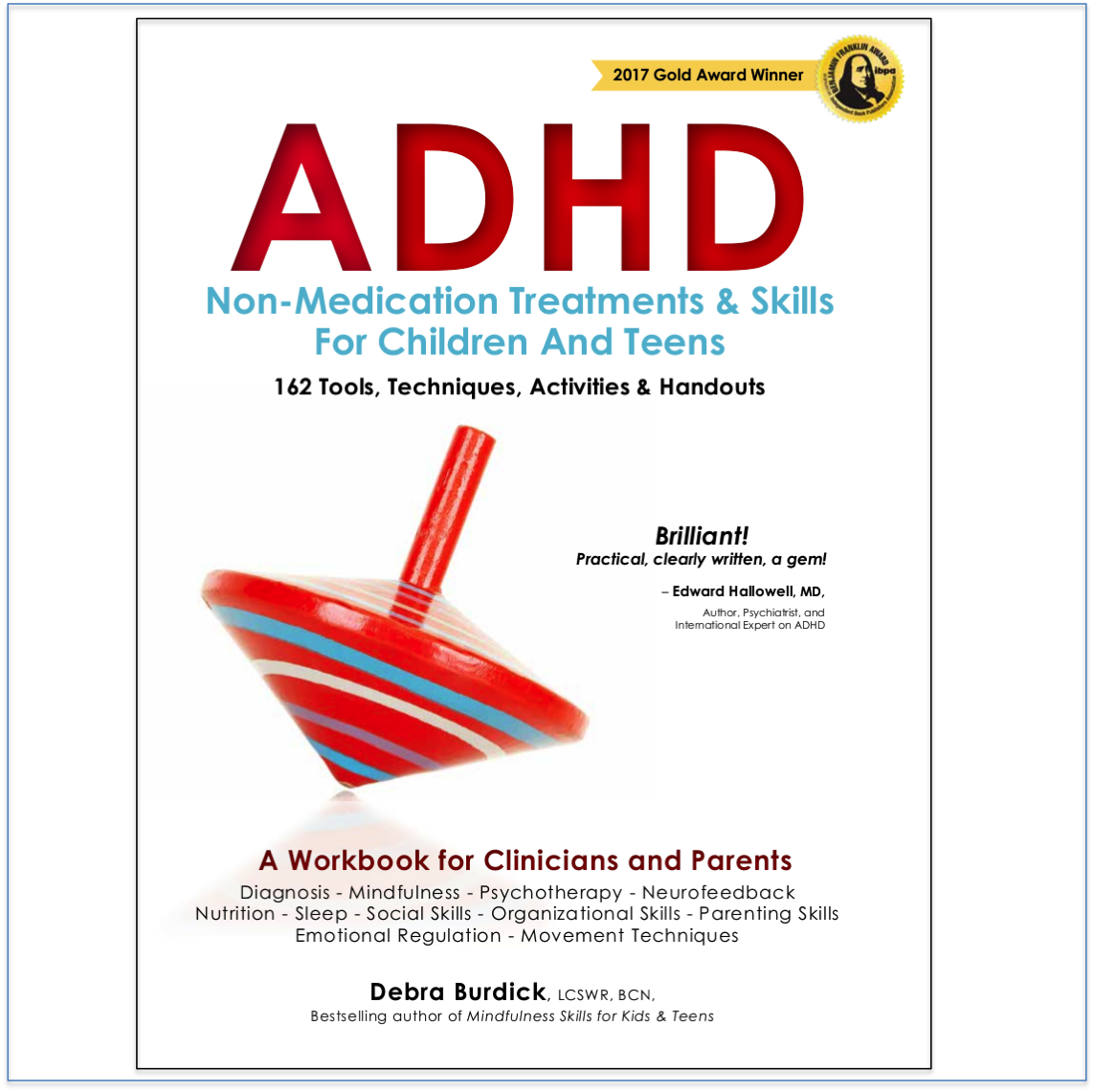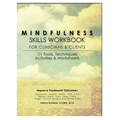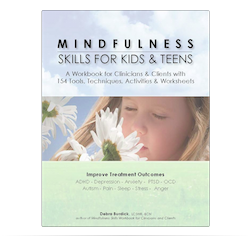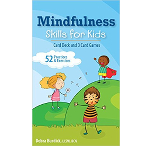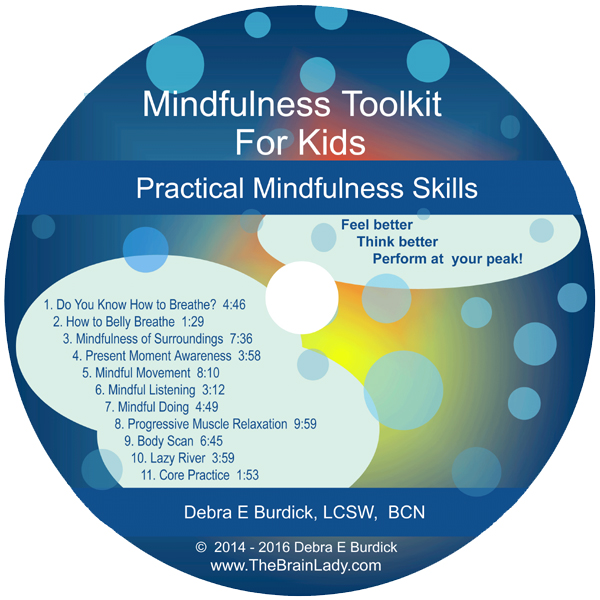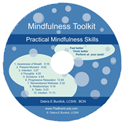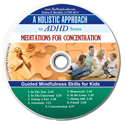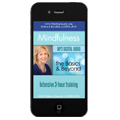Psychotherapy
PLEASE NOTE: As of December 31, 2014 Deb has retired from her private practice and is no longer accepting new clients so that she can concentrate on writing and teaching. The below is for historical/informational purposes only.
Psychotherapy/Counseling consists of periodic sessions, usually weekly, where the ‘client’ who may be an adult, a child, a couple, or a family meets with the therapist for forty-five minutes. The initial session or two is spent getting to know each other and gathering information such as the presenting problem(s), developmental history, academic history, and previous treatment and test results.
 For more detail about the initial process used to diagnose the problem specifically for ADHD please see my book IS IT REALLY ADHD? ONLY ADHD? How to Get an Accurate Diagnosis for You or Your Child. A similar process is used for most conditions to gather as much information about the client and how the issue they are experiencing is impacting their life.
For more detail about the initial process used to diagnose the problem specifically for ADHD please see my book IS IT REALLY ADHD? ONLY ADHD? How to Get an Accurate Diagnosis for You or Your Child. A similar process is used for most conditions to gather as much information about the client and how the issue they are experiencing is impacting their life.
Once an accurate diagnosis is made, the therapist and client will define treatment goals that they will work on together.
- Some common treatment goals for ADHD might include:
- Identify and explore feelings about having ADHD.
- Increase knowledge about ADHD and how it impacts you or your child’s life.
- List everything you did right this week.
- Identify what gets in the way of success.
- Learn and use organizational skills.
- Use role play to learn social and communication skills.
- Learn and use mindfulness techniques.
- Design bedtime routine to get to sleep on time.
- Use headphones with boring music to block out distractions.
- Set up distraction free homework or work space.
- Improve communication skills with spouse.
- Use an electronic calendar with an alarm to remind you of meetings or appointments.
- Learn how to eat an ADHD healthy diet.
- Exercise at least 3 times per week.
- Use a tool such as Microsoft OneNote to stay organized
- Consider using Neurofeedback to improve self-regulation and reduce symptoms of ADHD
- Some common treatment goals for depression might be:
- Identify and explore feelings
- Identify triggers for depressed feelings
- Examine automatic negative thoughts associated with depressed feelings
- Replace negative thoughts with thoughts that feel better
- Exercise at least 3 times a week
- Improve sleep hygiene to get better sleep
- Identify personal strengths
- Take part in activity you used to enjoy
- Keep a journal of thoughts and feelings for a week
- Volunteer to help someone with something
- Consider using Neurofeedback to decrease symptoms of depression
- A few treatment goals for anxiety might be:
- Identify and explore feelings
- Increase awareness of thoughts that accompany anxiety
- Learn and use progressive relaxation and breathing techniques
- Replace anxious thoughts with calm, reality based thoughts
- Use Mindsight to integrate thoughts and feelings
- Practice mindfulness while exercising
- Exercise at least 3 times per week
- Limit caffeine and sugar which can increase anxiety
- Improve sleep hygiene to get better sleep
- Change the ‘channel’ in your mind to your ‘peace’ channel
- Use Neurofeedback to decrease anxiety
Couples often need help to make their relationship work better. Couples therapy can identify patterns that have developed over time that may be part of the problem, understand each partner’s expectations based on their own family history, learn how to fight fair, communicate well, ask for what they need, understand and respect each other, develop compatible goals, and remember why they got together in the first place.
Couples in which one of the partners has any condition (such as depression, anxiety, Bipolar Disorder, chronic illness, brain injury or ADHD) can benefit from couples therapy. There are patterns that typically develop in couples where one person’s symptoms interfere with reliability, impulse control, communications, and emotional volatility. The therapist will help the couple understand how the condition impacts the relationship. They will guide the couple to develop different strategies that rebuild and strengthen the relationship.
If your child is the client a therapist working individually with your child will help them improve their self-esteem as well as improve organizational skills, social skills, and study skills. They can help your child understand how their condition impacts their lives, options for dealing with it, and how to feel better about themselves. They will help you help your child with all of these issues. They will help you, the parent, create and maintain a healthy parent/child relationship.
Deb uses a variety of different styles of therapy that work well for a variety of conditions. A few of them are Cognitive Behavioral Therapy (CBT), structural therapy, family therapy, play therapy, Dialectic Behavior Therapy (DBT), Mindfulness, and Neurofeedback.
Many relevant psychotherapy techniques are employed but the major technique we use is Cognitive/Behavioral Therapy (CBT). CBT uses talk therapy to help a client change their thoughts, feelings, and behavior in positive ways that helps them feel better about themselves and their lives. It contains a focus on skill building including managing emotions, interpersonal skills, behavior, and whatever that particular child or adult may need. CBT helps improve:
- Depression
- Anxiety
- Self Esteem
- Anger Management
- Addictions
- ADHD
- School Success
- Grief
- Decision Making
- Pain
- Stress Management
- Sleep
- Career Success
- Peak Performance
And helps clients deal with:
- Relationships
- Parenting Skills
- Adolescence
- Career Success
- Medical Illness
- Divorce
- Social Skills
- Loss
- ADHD/ADD
- And MORE!
PLEASE NOTE: As of December 31, 2014 Deb has retired from her private practice and is no longer accepting new clients so that she can concentrate on writing and teaching. The above is for historical/informational purposes only.



